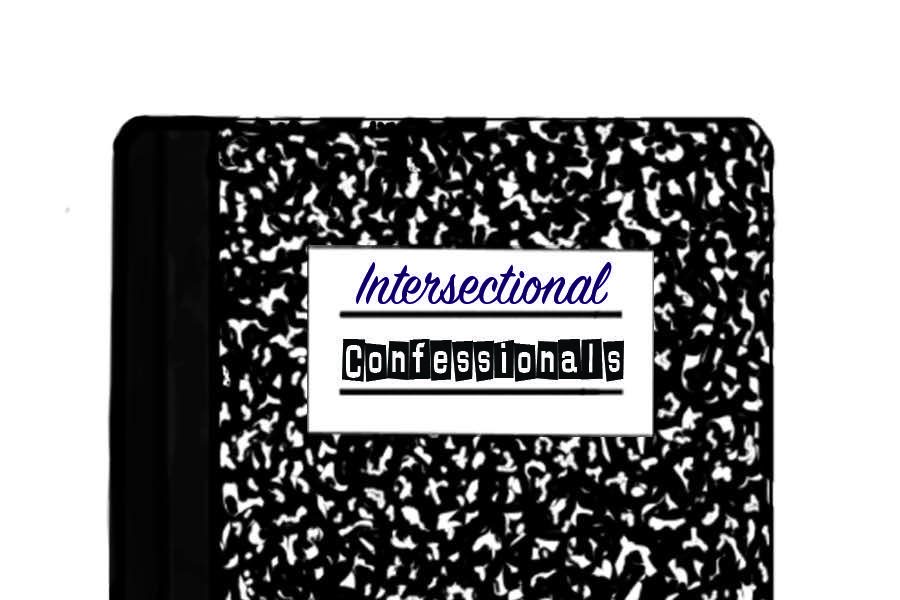Brain Waves: Brown hair, brown eyes, brown skin
Brown hair. Brown eyes. Brown skin.
I remember little from my childhood and even less from the years I lived with my parents. I do remember looking up to my mother, always thin with skin like snow, the feel of her soft blond hair and the gaze of her blue-green eyes. I remember her face when people would look at my sister and call us “bastard children.”
I remember my mother telling my sister and me to play in the shade and when we ignored her and ran in the sun. Her face when we returned browner than ever and the punishment that followed. My mother was convinced God was testing her through her children.
Now I have a name for those faces in mental illness, but then it was only the shame that burned my tanned cheeks. That shame grew until slowly when my mother began tanning and climaxed when she cut off her beautiful hair and dyed it brown. As if it would stop the questions that came every day, just by standing beside her children.
I remember learning about genetics and cursing the way mine had twisted me away from my mother – who was my ideal beauty until I watched her destroy it. I cursed every day and hated myself, not my mother’s worsening mental condition or my father’s complete disregard for his family.
Then, my grandmother brought me to our people. I learned that our family traditions were associated with a family vaster than I could have imagined. While none had my shading, they were a spectrum other than white or black. I grew to love this culture that so many deny on a daily basis. I grew to love the genetics that connected me with these people and these traditions, even though it left a rift between my mother and myself.
I stopped crying for pale skin and started to forget about what made me different. As much as I love her, leaving my mother’s house was a blessing for my identity as a person. I came to college and found more people with differing thoughts, religions, colors and personalities that I’d heard of but never been exposed to. It wasn’t until I came to Tulane, that I started to grow as a person of color.
Then in college, I realized I did inherit something from my mother. The last thing I ever wanted to see in my life. It. It was the shaking hands and lungs that failed me. The emotional outlashes and the panic that swelled up at any moment. The days where life and people seemed diluted as if I was underwater. Again I discovered names for these things, but all this was to me was it. I remember thinking “Mom is doing it again.”
I like to think the difference is that my mother, to this day, never believed in it. After seeing her struggle, not recognizing it as the monster was not a choice for me. After accepting this was part of me it was difficult to live with my anxiety disorder, but it was doable. My family still does not understand the way it affects me or why my mother refuses to take any aid.
Mental illness is a crazy-person thing to those that look like me, but my skin tone is a crazy thing to those that accept mental illness.
I may never see my mother’s blonde hair again and to me, that is a tragic thing.
I still think about my skin every time I stay in the sun too long or my mother whenever my hands shake. But I also think about the way I feel about my grandma and our traditions. Those who celebrate mental health, all kinds, and encourage empathy. My friends’ pride in their color and the notion that it is a beautiful thing. I have yet to feel like them, but one day I will be proud of what I was born with.
Brown hair. Brown eyes. Brown skin. Mental illness.
The writer of this article wishes to remain anonymous. She is a senior that has worked for The Hullabaloo.
Your donation will support the student journalists of Tulane University. Your contribution will allow us to purchase equipment and cover our annual website hosting costs.



